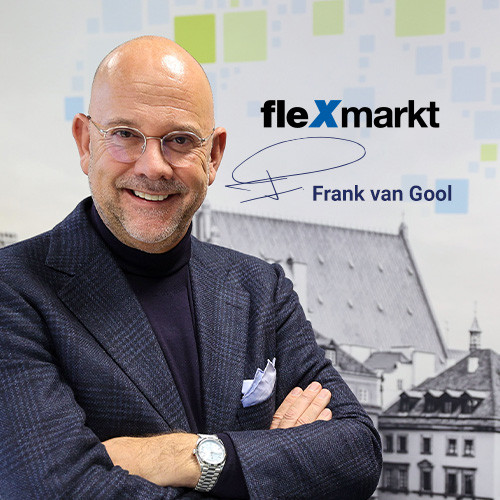

In his column for Flexmarkt, Frank van Gool calls on politicians to finally make choices. In any case, rogue employment agencies should be dealt with much harder. But in addition, choices must be made regarding labor migration. Van Gool calls for this to be done with urgency.
In his column for Flexmarkt, Frank van Gool calls on politicians to finally make choices. In any case, rogue employment agencies should be dealt with much harder. But in addition, choices must be made regarding labor migration. Van Gool calls...

Frank van Gool made the news this week for being the only entrepreneur to ask a question during the SBS6 election debate. In the column for Flexmarkt, he explains why he did so.
Frank van Gool made the news this week for being the only entrepreneur to ask a question during the SBS6 election debate. In the column for Flexmarkt, he explains why he did so.

Frank van Gool (OTTO Work Force) is aware that running a business is not just about key financial figures. Still, in his column for Flexmarkt, he admits to be curious about OTTO’s position in the Flexmarkt Turnover Ranking (Omzetranglijst) which is about to be published.
Frank van Gool (OTTO Work Force) is aware that running a business is not just about key financial figures. Still, in his column for Flexmarkt, he admits to be curious about OTTO’s position in the Flexmarkt...





